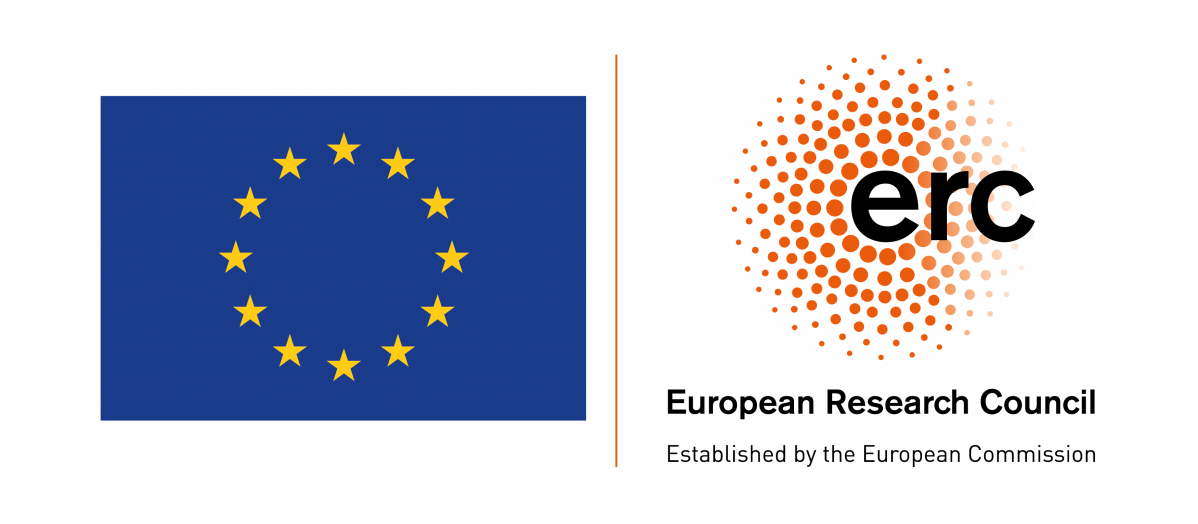Anotace
plakát pdf
There are winds of change blowing in the sphere of Evolutionary Biology. While the field has been dominated by the establishment of the Modern Synthesis (MS) for the best part of the 20th century, a whole host of new developments in areas such as epigenetics, evo-devo, phenotypic plasticity, and behavioral biology to name but a few seem to make it obvious that the old paradigm is insufficient in an increasingly diverse variety of ways. While very few contributors to this debate would ever argue that the MS is wholesale false, suggestions do abound to the effect that, as a biological framework, it is seriously incomplete and thus stands in dire need of an extension. Here´s a point the defenders of the MS – and there are plenty- would of course disagree with: to their mind, these new developments, significant as they may be scientifically, can be accommodated to the principles of the MS readily and therefore no Extended Synthesis or theory-substitution would be in order.
This talk does not mean to take side in this contemporary discussion. Rather than that, I want to focus on one of the many angles of the debate. There have been controversial suggestions pointing out that some dimensions to this alleged Extended Synthesis represent a vindication of the ideas on evolution advanced by Lamarck in the first half of the 19th century. If true, this would be revolutionary indeed as the Inheritance of Acquired Characteristics as JB Lamarck classically envisioned it in his Zoological Philosophy has been excluded from biology since the establishment of the Weismann barrier. Does the EE involve a vindication of Lamarckism entailing that however astounding this may sound, Lamarck got it right after all? Rather than answering this question either positively or negatively, the aim of this talk is to cast light to the discussion itself. I shall show that far from being as simple and straightforward as it is at time taken to be, the notion of Lamarckism encompasses various components and so can be construed in a number of ways each bearing a different relationship to the Extended Evolutionary Synthesis. In particular, I will distinguish the teleological view of evolution which Lamarck proposed historically (L1) from other versions of soft inheritance which include no particular commitment to a directional teleological understanding of evolutionary change. I will argue that while neither L1 nor L2 are vindicated in the EES, some of the new developments in evolutionary biology seem to indicate that a softer and arguably more modest version of the (non-genetic) inheritance of acquired traits ( L3) plays a proper role in Evolution in ways not contemplated by the Synthetic Theory.





